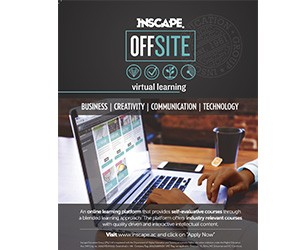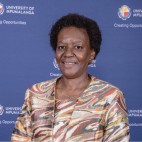Teaching and learning is much the same as it has always been. Your parents experience of school, much like your own and that of current school goers has not changed much. Apart from some fortunate children attending truly progressive schools, these three generational experiences of schooling remain alike, even identical. As innovative and cutting-edge as private schools can be, the same is not true for traditional universities.
There is a strong possibility that the curriculum in some courses have not changed in decades, not to mention teaching and learning approaches. In 2012 the world saw the rise of the MOOCs (Massive Open Online Courses), which in itself rocked the very idea of how we learn because online means that you have the power to choose not only what, but also how, and when to study.
The kinds of online courses which offer this level of learning independence are usually not officially recognised or accredited by the world of academia, something sister courses offered at traditional institutions enjoy. As of the last five or so years, industry world-wide has started to question the Gen X* obsession with ‘real’ qualifications and the true value of taking 3 to 5 years to study full-time towards a career path, only to then re-start when entering industry. Unlike Gen X, most Millennials** will change their careers about seven times in their lives and have multiple professions running concurrently. Auditing giants PWC recently conducted a study on Millennials in the workplace, based on those outcomes and the current situation in the educational industry, I predict that within the next 10 years we will see a change in the tradition of full-time study funded by someone else for school leavers. The traditional way of approaching education as an entry requirement for a career will change dramatically.
It makes more sense in today’s world for school leavers to enter the working world and start their life journey. This journey is powered by a commitment to life-long learning and as they grow in a career, these school leavers will need to learn and know more as they develop in the working world, which they can do online or off-line in a short course until they then need to know more again, and so the loop continues. Perhaps by the time we are in our 60s and ready to validate our knowledge we can work towards a career path only to then re-start when entering industry, which become more of an honour and less of a badge. Honestly, I do not know if ‘academia’ as we know it has a place in the world forever.
There is more to learning than getting a degree. I also believe that everyone learns differently, and a classroom does not necessarily cater to each student’s individual needs. Inscape set up the OffSite portal to grow its reach and speak directly to the student’s needs. OffSite provides a flexible learning platform for students wishing to up-skill through curated short courses, and also providing contact students and lecturers with opportunities to flip the classroom through a blended learning approach so that students can cover the theory on their own and apply it in class with lecturer guidance.
* Generation X is a label attributed to people born during the 1960s and 1970s. Members of Generation X are often described as cynical or disaffected.
** Millennials (also known as Generation Y) are the demographic group following Generation X.






